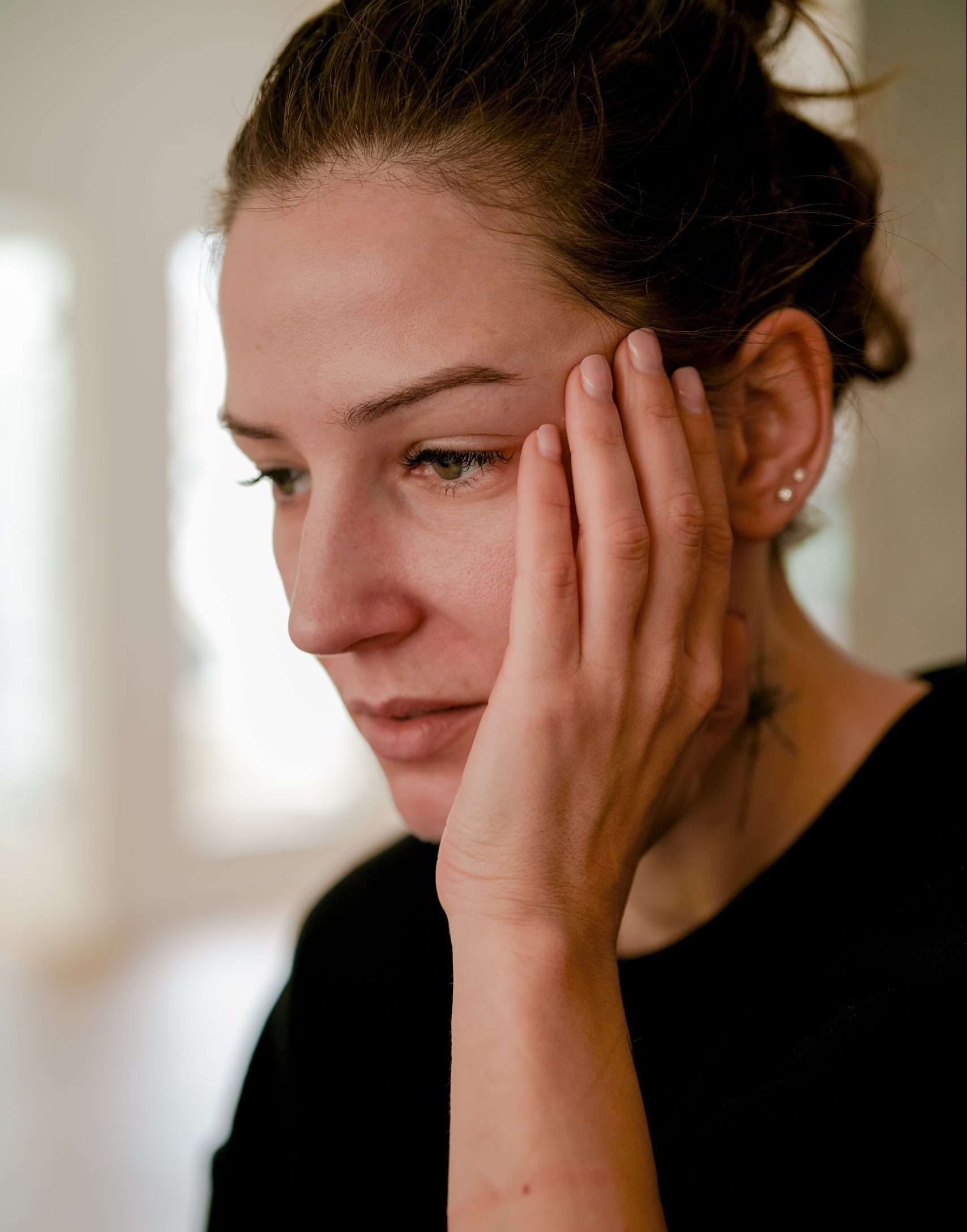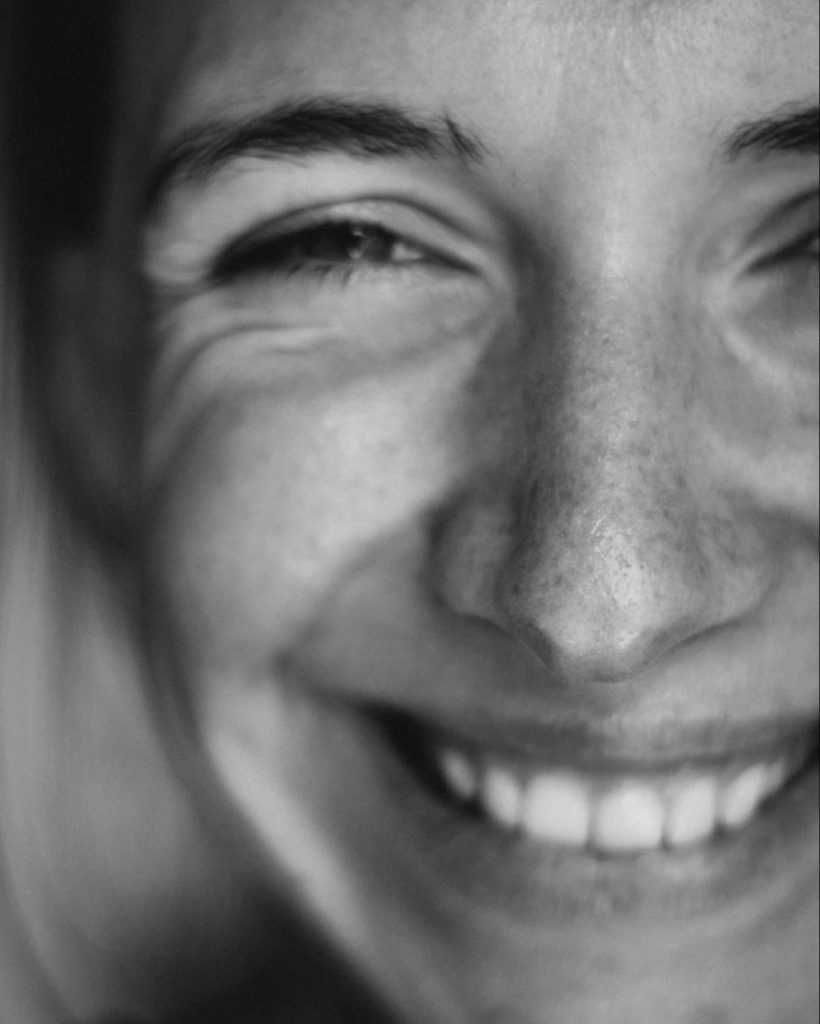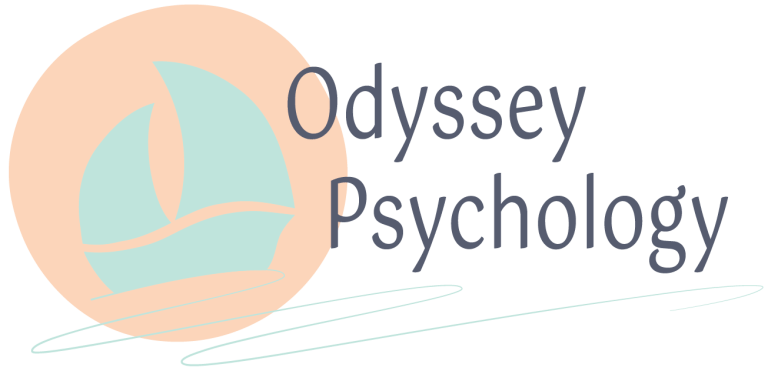Anxiety

Our Sunshine Coast Based Psychology Clinic Can Help You with Anxiety
What is Anxiety?
Anxiety is a broad term that describes a variety of psychological and physical symptoms. These symptoms can be clustered into several specific diagnoses (e.g., social anxiety, generalised anxiety disorder, panic disorder, etc.).
Anxiety can be understood in different ways depending on the theoretical framework being used. Anxiety can be viewed as a mental health diagnosis by itself, or it can be seen as a response to other deeper issues (e.g., past attachment traumas or covering up hidden emotions). For this reason, the list of possible anxiety symptoms is large (see below for a more complete list).
Anxiety is commonly associated with symptoms of a racing heart, breathlessness, muscle tightness, and uncontrollable thoughts. However, chronic physical issues (e.g., headaches, gut issues, physical pain, etc.) that have evaded diagnoses or seem to have no physical cause can also sometimes be a result of high anxiety. Some chronic conditions may be a symptom of underlying anxiety even if no other more common symptoms of anxiety are present.
Anxiety Symptoms
- Racing heart rate
- Shortness of breath or difficulty breathing
- Stomach-ache, feeling sick or nauseous
- Feeling tense and muscle tightness
- Tightness in chest
- Headaches
- Bouts of dizziness, blurry/tunnel vision, or loss of hearing/ringing in ears
- Difficulty sitting still and relaxing
- Sudden muscle limpness or excessive tiredness
- Procrastination
- Constant worry about how you are being perceived by others
- Worry or uncontrollable thoughts (e.g., unable to ‘switch you mind off’)
- Loss of concentration and mental clarity (e.g., ‘brain fog’ or you mind going blank)
- Sudden absence of emotion or detaching
- Fear of losing control of your thoughts or behaviour
- Fear of dying
- Avoidance of social situations
- Avoidance of feared stimuli or situations
- Sleep problems – unable to fall asleep
- Intense urges to act on an impulse or repetitive behaviour
Reasons People Seek Therapy for Anxiety
We will all experience some anxiety symptoms at some point in our lives and having one or more anxiety symptoms does not necessarily mean you ‘have an anxiety disorder’. However, if you do experience several anxiety symptoms for an extended period (i.e., several months) and they interference with daily life or cause you significant distress, then it might be useful to reach out for help.
Some common reasons people start anxiety treatment include
- Feeling like anxiety is controlling their life and restraining them from engaging in the activities they enjoy.
- Constant sense of doom and feeling close to panic.
- Uncontrollable worry about future situations, responsibility, or how they are being perceived by others.
- Unable to relax and always feeling tense, frustrated, and on edge
- Insomnia of difficulties sleeping.
- Relationship problems with a partner, family, friends, or work colleagues
- Feeling like everyone else’s needs are always put before their own.



How Psychology Treatment and Therapy Can Help with Anxiety
Beginning anxiety therapy can be daunting. It takes courage and motivation to make the decision to put yourself first and fight for your own wellbeing. If you are considering taking charge of your life and fighting back against anxiety, then we want to remind you that you are not alone! We are here to help you through the journey.
Anxiety treatment can help you face your fears so you can regain control of your life again. Therapy can help you reduce the anxiety symptoms you are been struggling with and allow you to gain a deeper enjoyment of life. Anxiety therapy can assist with relaxation, reducing worry and a ‘busy mind’, improve sleep, increase emotional regulation, reduce muscle tension, and may help with reducing chronic physical symptoms (e.g., migraines, gut issues, sudden dizziness/confusion/mind going blank, etc.).
Anxiety Treatment Options
Cognitive Behavioural Therapy is one of the most researched therapeutic treatments for anxiety and has a large amount of evidence to support its benefits and effectiveness for a variety of anxiety related disorders. Cognitive Behavioural Therapy includes a collection of interventions borrowed from other evidenced based treatments, some of which are mentioned below (i.e., mindfulness and exposure therapy).
Although CBT is cited as one of the most effective therapies for anxiety disorders, this should not be taken as a blanket rule. Other treatment for anxiety, such as Acceptance and Commitment Therapy, are also effective treatments for anxiety. Finally, the best and most effective treatment for anxiety will differ between individuals, depending on several factors such as the specific anxiety diagnosis and the individuals’ preferences, etc.
Acceptance and Commitment Therapy is another common treatment used for anxiety disorders. Research on the benefits of ACT has continued to grow in recent years, showing ACT to be as effective as CBT for anxiety disorders (you can read more about it in this 2012 systematic review or this more recent 2021 systematic review).
Acceptance and Commitment Therapy is rooted in the concept of mindfulness (e.g., acceptance of the present moment). For example, a goal of CBT is to learn to change negative thoughts/beliefs, where a goal of ACT is to learn to accept them without judgement. Acceptance and Commitment Therapy also encourages the development of personal values and setting personal goals that are in line with one’s values. You can read more about ACT here.
The most basic definition of mindfulness is ‘the action of directing one’s attention on the present moment’. Mindfulness is an underlying principle of all psychological therapies, to the extent that one must be self-aware of their behaviours and/or cognitions (e.g., thoughts and beliefs) before being able to make any conscious changes. Mindfulness is a supplementary treatment for anxiety, to be used in addition to other types of therapy. Mindfulness for anxiety has several different benefits, such as improving attention, decreasing the impact of negative thoughts, relaxation, emotional regulating, and a way of learning about the process of one’s mind.
Intensive Short-Term Dynamic Psychotherapy (ISTDP) is an emotionally focused and experiential based therapy belonging to the psychodynamic therapy family. The treatment approach of ISTDP has the least in common with the other anxiety treatments mentioned above. According to psychodynamic theory, anxiety is a symptom of a deeper emotional conflict which has been pushed out of one’s conscious awareness. The aim of ISTDP is to explore and understand the underlying emotional conflict that is causing anxiety. Once this core conflict has been resolved, anxiety disappears and structural changes to personality can also occur.
Exposure therapy, such as exposure and response prevention, is a behavioural therapy aimed at reducing anxiety of feared objects and situation by confronting it head-on. Exposure therapy is incorporate into CBT but can also be a standalone treatment for specific anxiety disorders, such as obsessive-compulsive disorder, agoraphobia (e.g., fear of feeling trapped), panic disorder, social anxiety, and specific phobias (e.g., needles, flying, spiders, etc.).
Are you ready to take back control?
We are here to help. You can contact us by phone or email if you are ready to start therapy or if you would like to find out more about how therapy can help relieve anxiety symptoms.
Telehealth and online therapy for anxiety
Telehealth therapy for anxiety is available in some circumstances if getting to the clinic in Maroochydore, on the Sunshine Coast, is too difficult (e.g., you live too far away, you don’t have transportation, or your level of anxiety makes it difficult to leave your home). Please contact us for details if you would like to learn more or schedule an appointment.




